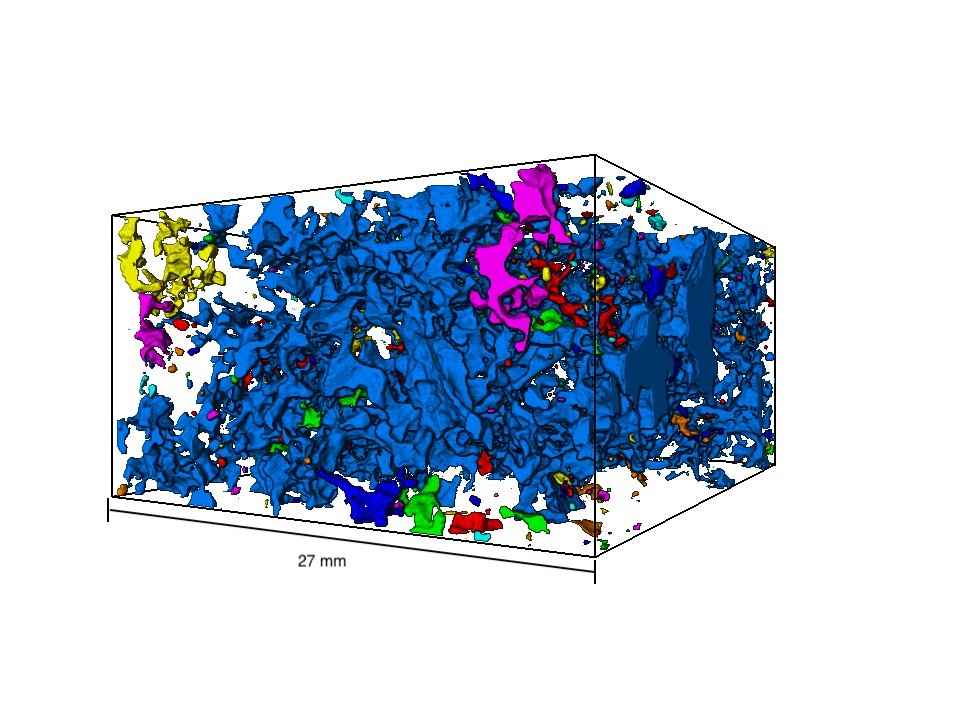Welcome
Asphalt roads are the backbone of our infrastructure
Asphalt roads are the backbone of our infrastructure. The better we know and understand asphalt as a construction material, the safer, more sustainable, more exact and more economical we can build and rehabilitate roads and other trafficked areas.
Asphalt petrology uses analytical methods from petrology to research the composition of asphalt and the change processes over its service life.
The ‘International Society for Asphalt Petrology eV’ creates exchange among asphalt petrologists and encourages further research into the nature of asphalt.

About ‘Asphalt Petrology’
What is asphalt petrology?
Asphalt petrology is a young field of research within asphalt technology. It was founded in 2015 (HART, R. (2015)).
It utilises methods from petrology (the science of rocks) to investigate the nature of asphalt (“an artificial rock”) in addition to the classic investigation methods of asphalt technology.
The methodes provide valuable insights into the detailed nature of the asphalt components (aggregates, bitumen and voids) as well as their spatial position in the structure.
This is because asphalt properties such as skid resistance, weather resistance, strength, affinity (‘bonding with bitumen’) and durability are heavily dependent on the mineral composition of the aggregates used in production.
The methods of asphalt petrology have proven to be valuable tools in the development of durable, highly stressed asphalt roads (e.g. for race tracks). They also proved to be very helpful in damage analysis.
What can asphalt petrology do?
Asphalt petrology is expected to provide new insights into the following questions and topics of asphalt technology:
- Spatial position of the asphalt components
- Changes in the asphalt structure as a result of compaction and load effects
- Surface properties
- Mechanical behavior
- Function and mode of action of fillers
- chemical and physical reactions between the components
- Separation of polymer-modified bitumens
- Aging processes
- Durability
- Behavior of asphalt during paving
Who takes benefit of asphalt petrology?
Ultimately, these findings will enable road authorities and other operators of traffic areas such as airports and seaports to reduce costs in the long term and offer higher quality surfaces because the new knowledge will improve asphalt formulations.
New knowledge about the paving behaviour of asphalt helps construction machinery manufacturers to optimise milling machines, asphalt pavers, rollers and cleaning equipment to make the construction process more effective
